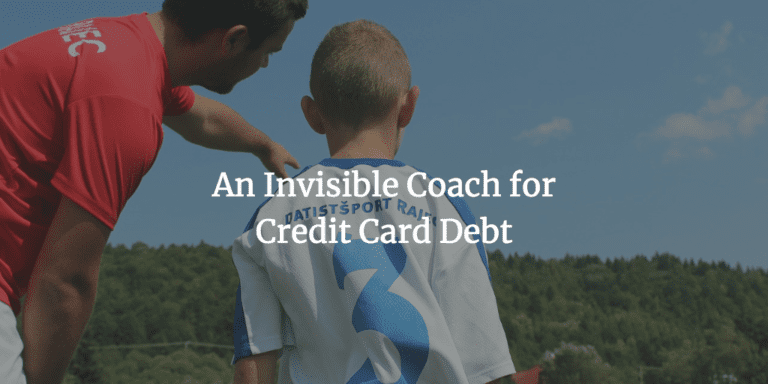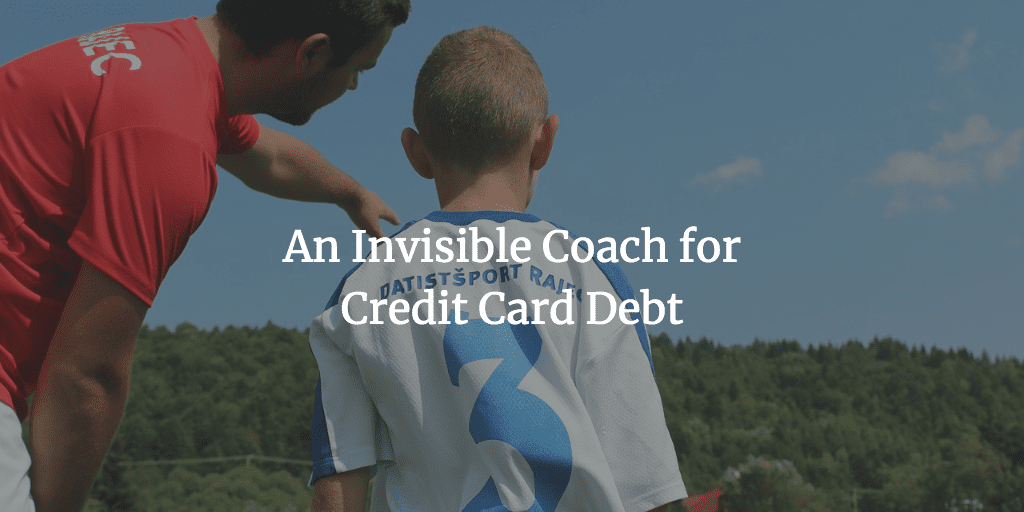Michael Lewis, the bestselling author of numerous books including The Big Short, Moneyball and Liars Poker, really knows how to tell a great story. I have been a semi-regular listener of his new podcast, Against the Rules, which brings us a new format to his storytelling.
Over the last couple of weeks I have had several people reach out to me saying I needed to listen to the first episode of season two of the show. Called The Invisible Coach it is about the credit card industry and how the average consumer needs a good coach to help them make good financial decisions. So, this past weekend I gave it a listen.
Lewis follows up with Katie Hyland, a public school teacher, who we first heard from in season one as she struggled to get her student loans forgiven. In this episode he discusses the credit card debt that she and her husband amassed through some unexpected expenses. He laments the fact, in a conversation with Angela Strange of Andreessen Horowitz, that there are no financial coaches to help people like Katie Hyland make good decisions that will help reduce her credit card debt. Or are there?
A Credit Card Debt Coach
Enter fintech. Or more specifically, enter Jason Brown, CEO and Founder of Tally. In the podcast we hear a lot of background to Jason’s story, including interviews with his mother, and why he started Tally (I interviewed Jason on my podcast 18 months ago). They don’t mince words about the credit card industry, saying the industry has evolved to exploit consumers worst instincts. It reminded me what Max Levchin of Affirm had to say about credit card companies at LendIt last year, where he compared them with payday lenders. They make the terms difficult to understand and then encourage you to make decisions that are in their best interest, not yours.
The traditional credit card industry has caused an incredible amount of pain in this country. Tally conducted a research study to actually measure this pain and understand the emotional consequences of this debt. They found that the anxiety level people have about their credit card debt was a “medical level” of anxiety, as in the kind of anxiety you have when waiting for a medical diagnosis. Lewis commented that stress is not a bug in the American financial system, it is a feature.
What people really need is a good financial coach that could help them manage some of these stressful situations. Tally is that coach for credit card debt. Brown said that a good coach will help you change your behavior and they do this in three ways:
- They take out all the hard work and distractions.
- They make it easy to have good behaviors.
- They make people want to have good behavior.
Tally is all about nudging people gently into making good financial choices. And it is clearly working. Once someone has signed up for Tally and is using their service, they have an astounding 99% retention rate.
The aforementioned Katie Hyland was introduced to Tally and she quickly became a convert. You could actually hear it in her voice the difference in stress level before she started using Tally and afterwards. Lewis pointed out that even in the middle of a pandemic she was feeling less stressed than before because she finally had her finances under control. That was one of the most powerful parts of the whole podcast to me.
I reached out to Jason Brown to find out what the reaction has been. Here is his response:
- The reception to Tally, our story and the story of Katie Hyland has been overwhelmingly positive. Several listeners have shared they had been waiting for a service like ours to come along, so it’s been great to introduce Tally to so many people through the podcast.
- Tally has seen an increase in sign-ups, predominantly from people with really high credit quality, which directly challenges the common misconception that credit card debt is mainly an issue for subprime consumers.
- During these uncertain times, we believe consumers need a service like Tally now more than ever. We’re committed to helping our users through financial hardship as best we can and have set up a COVID-19 relief program for anyone impacted by the current crisis.
We Can’t Improve Financial Health Without Changing Behavior
I have come to realize that we will never make big improvements in financial health as a culture until people change their behavior. And we will not change our behavior en masse unless we have tools that make it incredibly easy so that we want to change.
It is companies like Tally that give me hope for the future. Much more work is needed, obviously, in all areas of finance but many fintech companies and even traditional banks are hard at work on this big challenge.
But changes like this takes time. And as the pandemic exposes the fragility of countless millions of people’s finances we will be set back as a nation. But maybe there will be a long-term positive outcome here. People could be more motivated to change now as they recognize how fragile their finances have been.
This decade will likely be defined, at least in part, by the pandemic. As fintech companies continue to build more and better tools the 2020s could be the decade we see the finances of Americans turn around for the better. And we might finally see the total credit card debt we hold as a nation start to go down.



